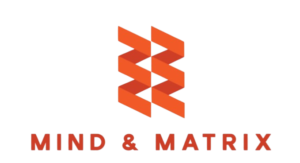Services

Advanced Tracking
We monitor and analyze user actions at every stage of the marketing funnel, from awareness to conversion.
145%
Successful Rate
#No.1
Marketing Firm
520+
Business

“The digital marketing efforts by our team were pivotal in driving 20 million in apartment sales for Partex Builders. Their strategic approach to lead generation and nurturing, coupled with targeted communication, significantly boosted our sales performance. The professionalism and results they delivered have made a remarkable impact on our brand’s growth”
Brand Manager
Partex Builders
Learn How We Have Helped Leading Organizations
psp232025-12-29T14:50:39+00:00
฿1.84 Million Revenue Generated Through Full-Funnel Google PPC
200%
Growth in Online Ticket Salespsp232025-12-29T14:57:47+00:00
7.36Million Online Sales Through Google PPC
200%
Growth in Online Ticket Salespsp232025-12-29T10:16:57+00:00
Let’s Make Things Happen
Interested in working together? Fill out the form and we’ll be in touch.
“The team at Mind & Matrix is fabulous. They helped us unlock our potential online and offline. We have experienced year on year growth due to their progressive approach.”
George Anderson
Digitalbox CEO

















